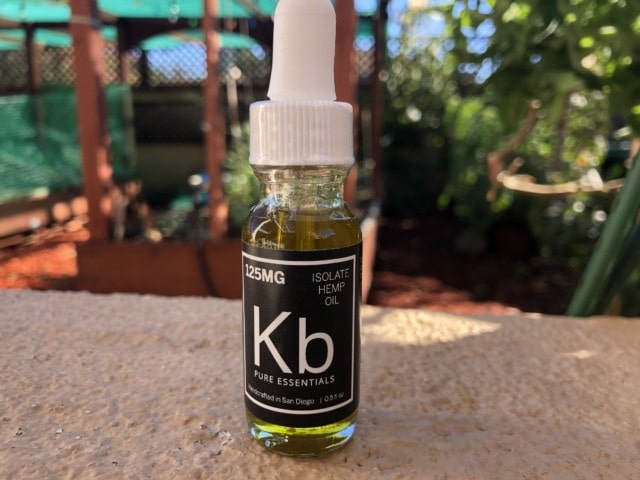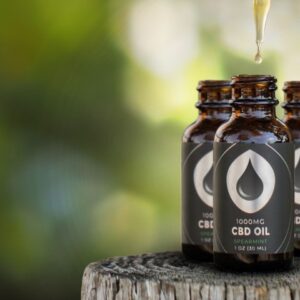The latest trend among supplements for its positive impact on health is cannabidiol, also known as CBD.
But where did CBD come from, and what is the basis for its popularity?
Below, we’ll answer these questions and discuss the potential benefits of this supplement.
WHAT IS CBD?
CBD is one of the main active components of the Hemp Sativa plant, hemp.
But unlike THC (tetrahydrocannabinol), the most famous ingredient in hemp for its psychotropic properties, CBD is not psychoactive.
The World Health Organization itself has indicated that the use of CBD in humans is safe and shows no potential risk of abuse or dependence.
Therefore, CBD is a completely legal substance and has emerged as an attractive option for relieving pain and other symptoms without the effects associated with hemp (THC).
The most common use of CBD is in oil. It is made by extracting CBD from the hemp plant and then diluting it with a carrier oil such as coconut oil or hemp seed oil.
EVIDENCE OF THE USE OF CBD
Due to its current boom and popularity, research on CBD is on the rise and there are beginning studies associating this substance with certain health properties.
For example, it is being studied as a treatment for a wide range of conditions, such as Parkinson’s disease, schizophrenia, diabetes, multiple sclerosis, and anxiety.
On the other hand, there is already a CBD drug approved to treat epilepsy.
Although research supporting the benefits of CBD is still limited, many clinical studies on the effects of cannabidiol are ongoing.
BENEFITS OF CBD
Animal studies and human research suggest that CBD can be applied to:
Treat some epilepsy syndromes.
The strongest scientific evidence is its efficacy in treating some the childhood epilepsy syndromes, such as Dravet syndrome and Lennox-Gastaut syndrome (LGS).
Calming anxiety and depression
This is possibly the most popular effect of CBD and the reason that has made it so popular.
Reducing Post-Traumatic Stress Syndrome (PTSD)
Some researchers have experienced reduced symptoms of this syndrome by including CBD along with psychiatric care.
As a curiosity, the US Army Department of Veterans Affairs is funding a study on the impact of CBD on post-traumatic stress disorder suffered by much military personnel returning home from a wartime scenario.

Treating opioid addiction.
CBD could be used to help treat people who are dependent on opioids, reducing their anxiety from withdrawal.
Research is also being done on its ability to reduce cravings for tobacco and other drugs.
Pain relief
It appears to significantly reduce intense, sharp pain and itching and cold sensations.
In this regard, topical use is more direct and its effect more pronounced.
The use of CBD for the treatment of pain in diseases such as sclerosis and osteoarthritis is being investigated. CBD could produce an analgesic effect by inhibiting inflammatory and neuropathic pain.
Reducing insomnia
Some studies suggest that CBD may help both falling asleep and staying asleep, improving sleep quality.
Relieve diabetic complications
Tests on cells reduce the effects of high glucose levels that usually precede the development of diabetes and other diseases.
So CBD could be beneficial in patients with diabetes, helping to regulate insulin levels and reducing insulin resistance.
Protects against neurological diseases
CBD appears to have antioxidant and anti-inflammatory properties. Researchers deduce that these characteristics may provide protection against numerous disorders such as Parkinson’s, Alzheimer’s, or multiple sclerosis.
If you enjoyed this article and want to learn more about the best cbd balm, visit their page for the more great info.





